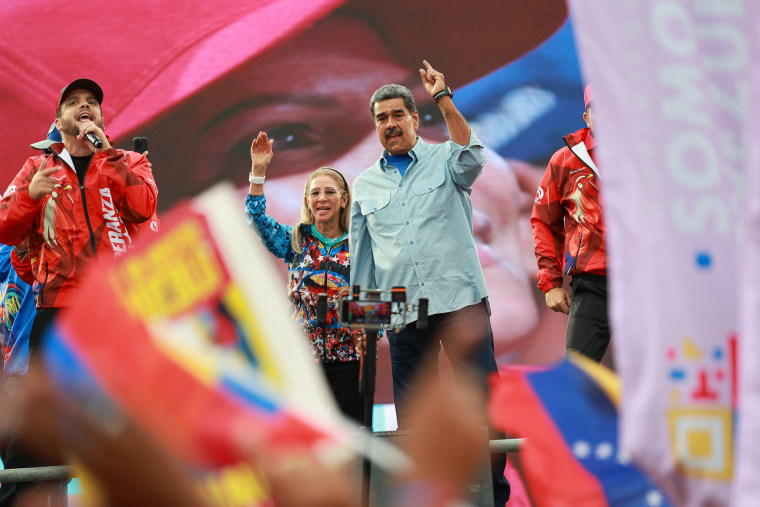
Venezuela is set to hold its presidential election on Sunday, July 28, 2024. This election marks a significant moment for the South American nation as it could potentially bring an end to the rule of President Nicolas Maduro and his United Socialist Party (PSUV), which has been in power since Hugo Chavez's presidency in 1999. The opposition, led by former diplomat Edmundo Gonzalez Urrutia, is mounting a serious challenge against Maduro.
Gonzalez, who served as Venezuela's ambassador to Algeria and Argentina before joining the political opposition, has gained significant support from the population. He has been campaigning on a platform of change and economic recovery in response to the ongoing crisis that has forced millions of Venezuelans to emigrate.
Maduro, on the other hand, controls all branches of power including the armed forces and National Electoral Council. Despite allegations from various international organizations, including the International Criminal Court (ICC), of crimes against humanity committed by his government, Maduro continues to maintain his position.
The opposition has faced numerous obstacles in their campaign efforts. For instance, popular opposition figure Maria Corina Machado was barred from running for president and has since thrown her support behind Gonzalez's candidacy. Additionally, around 25% of the population is expected to emigrate if Maduro wins re-election.
The United Nations refugee agency (UNHCR) reported that over 7.7 million people have already left Venezuela due to the crisis, reducing the number of potential voters to about 17 million. Voting is done on electronic machines and is not mandatory, while voting abroad is allowed but comes with several obstacles for Venezuelan citizens.
The election results are expected to be closely watched by the international community as they could have far-reaching implications for Venezuela and the region as a whole.







